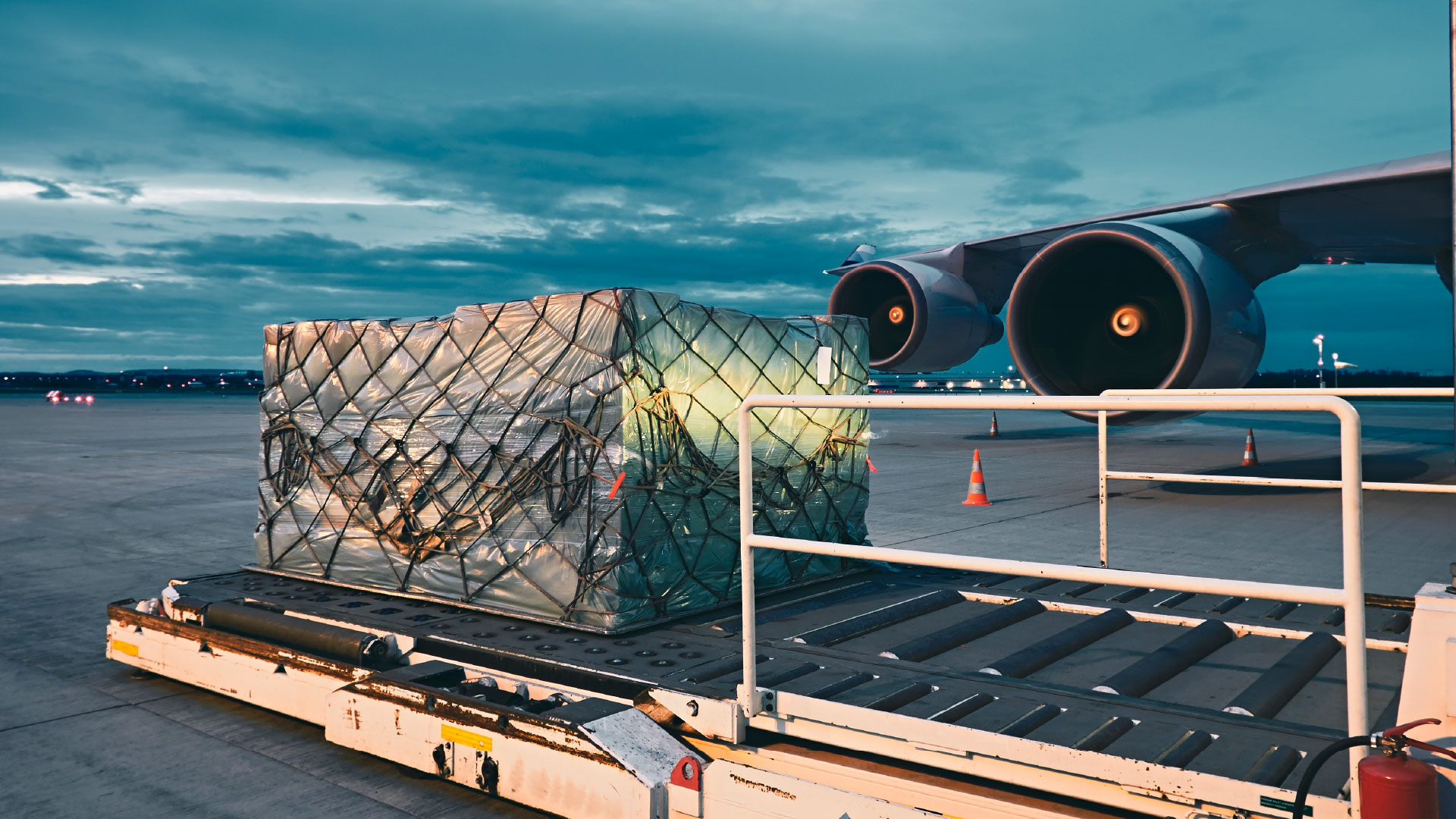The benefits of air cargo communities

Air cargo community systems are being established across the globe and the ever-growing trend is set to continue due to the benefits they bring to the supply chain.
Europe was the first region to set them up in the last decade with key hubs like Frankfurt, Brussels and Amsterdam Schiphol at the forefront of their development.
Amsterdam (AMS) notes that the benefits of the AMS Cargo Community it set up has been more cooperation, transparency, and efficiency in the supply chain that helps to improve air cargo processes for all stakeholders.
Remarkably, air cargo community system approach only reached the USA at the end of last year, when Atlanta (ATL) launched the first one and the PayCargo payment solution underpins this community system.
More such communities are though set to spring up at airports across the USA and the likes of Miami are looking into the approach, as air cargo stakeholders see the wide range of benefits that they can bring to the entire supply chain.
Since it was put into operation, Atlanta airport says there has already been tangible benefits of the community system to air cargo and it has improved its airfreight operations and reduced overall logistics costs, enabling better supply chain planning.
Linda Eshiwani-Nate, Senior Air Service Development Officer at Hartsfield-Jackson Atlanta International Airport, says there will be many more future benefits for stakeholders as it evolves, and more members are added.
Last year, Schiphol actually entered into a renewed collaborative partnership with Atlanta, with the move creating a new trade and logistics corridor between metro Atlanta and the Netherlands.
The move has enabled exchange of data between the two hubs to facilitate end-to-end planning and capacity optimization, and extend the benefits of the AMS Cargo Community to ATL.
This is the new emerging trend in air cargo community systems, who are going a step further, as they are looking at how they can link systems together to maximize the synergies and benefits.
Steven Polmans, Director of Cargo and Logistics at Brussels Airport says the biggest benefit of a community is you approach challenges and problems in a “different and aligned way” so instead of pointing at each other, suddenly you can work jointly and see issues as a common problem.
Projects such as digitization get a boost from the strong community approach with a joined vision and roadmap.
He says collaboration between communities is something that is coming and in recent months, there have already been some meetings between different communities.
“And soon there will be another one. So yes, there is a search where we can strengthen each other or contribute together to the bigger cause. I personally hope this will end in a more formal way of cooperation and not just remains talking,” Polmans says.
As communities join forces, this can only bring significant advantages to air cargo stakeholders, as it helps to drive and maintain standards across airports that are collaborating and connecting up.
The flow of air cargo will be enhanced through these hubs and across the global supply chain, as interlinked systems will make the movement of shipments faster, more efficient, and transparent.
The move will also meet the objective of creating more and more standardized global trade lanes by connecting hubs across the world for verticals such as pharmaceuticals, perishables, live animals and dangerous goods.
Will implementation be a smooth and easy process with overwhelming adoption from day one; in all probability not. However, the writing is on the wall as they say, and those that resist the coming changes, and without a doubt it is coming, will certainly be left behind.
The cargo community approach makes sense to gain economy of scale benefits for local stakeholders and PayCargo is focused on becoming the payment solution of choice within these eco-systems.


